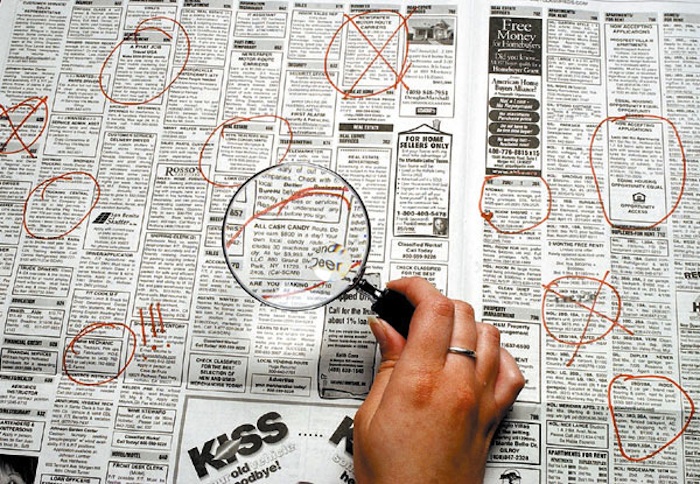While recent labor market reports may indicate that the employment picture is improving across the country as a whole, there are still plenty of people looking for jobs.? What’s more disconcerting is many people remain “underemployed” or have simply stopped looking for a job because of the long, unanswered months or even years of job searching. This is tough stuff.
The fact is, losing a job, is more like the loss surrounding death than most people will allow themselves to admit. ?This may be because doing so makes the experience that much scarier — at least at first. ?In reality, the admission gives us permission to feel a whole variety of bad feelings, and allows us to understand that there is nothing wrong or abnormal with a sense of ” bereavement”. ?Acknowledging the loss allows us to begin working through, and ultimately past, these hard emotions.? In other words, ?it allows us to heal.
This isn’t to say that all this acknowledgement and admission suddenly makes dealing with unemployment easy.? There are still bills to be paid.? But what may help is reframing your self worth. Start by acknowledging that while your value may be enhanced by what you do professionally, what you do professionally should not define the full value of who you are.
You are not your work!? In fact, that is how slaves are defined by their masters, and who wants to be a slave?!
You are much more than what you do professionally – you need to carve out time that celebrates everything outside of work that makes you, you!
- Consider taking 15% of your time, preferably a day a week, or two half days a week, on a regular basis to relish in the things that bring real joy and value to your life outside of a prospective career or job.
- Pick activities that allow you, as much as possible, to focus on what is working in your life and not the work you cannot find.
- Spend time with people who value your presence in their lives, independent of what you occupied your work hours.
Nobody can promise when that next job is coming, but it turns out that until it does, you can still celebrate that you are, even if you are not at all certain about what work you will find.? It also turns out that deeply appreciating your true value as a person will give you the strength you need to make it through the challenges you confront, and even help you see the world through the eyes of opportunity which will help you find the work you seek.

